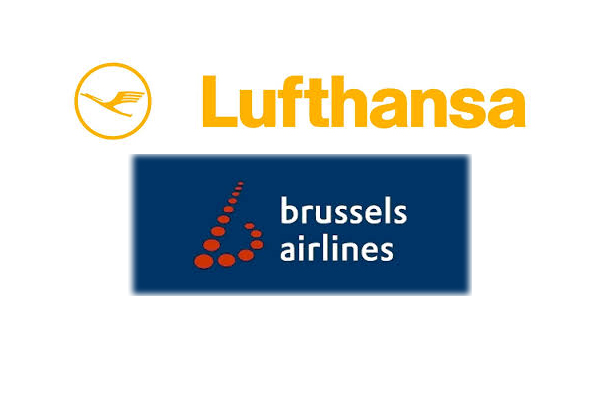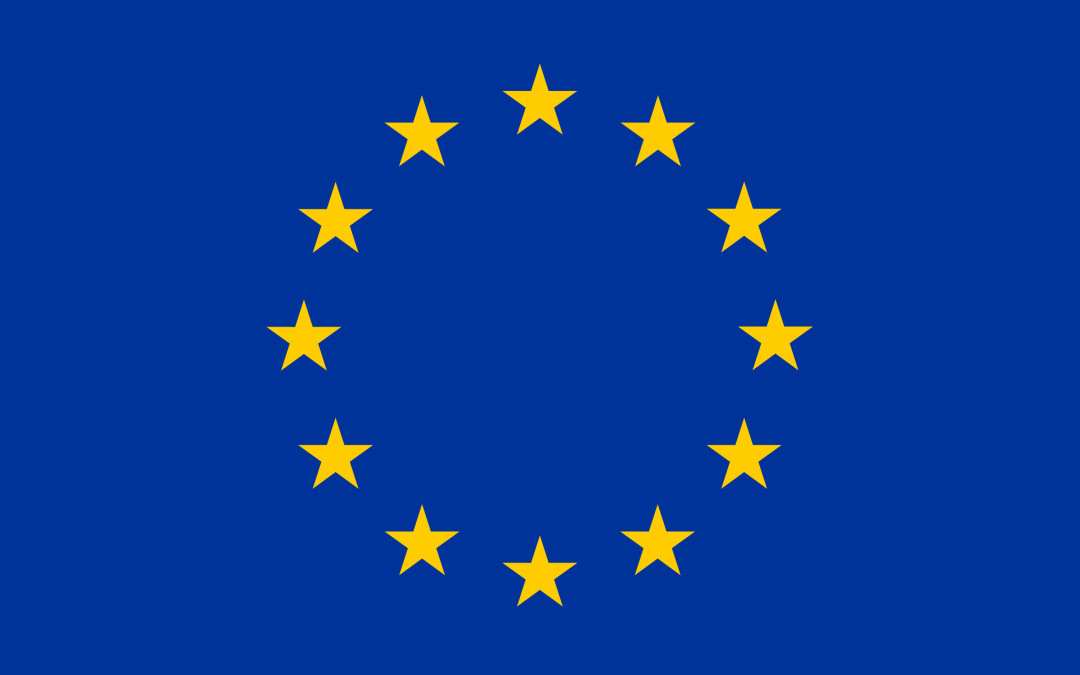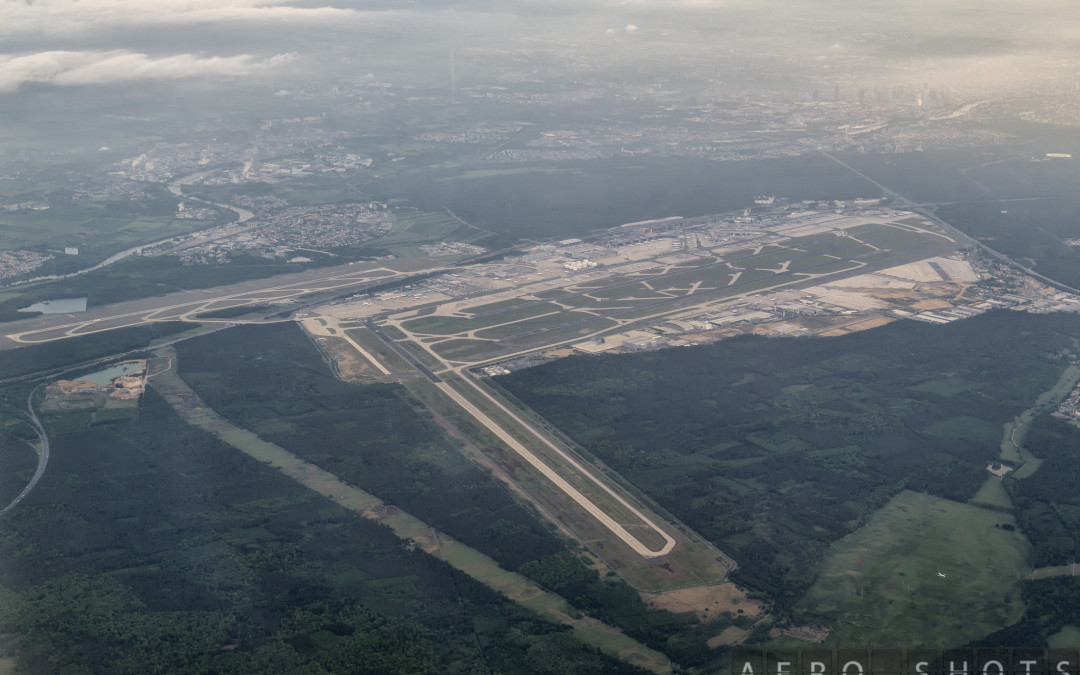
by Lufthansa Flyer | Mar 23, 2016 | Brussels, Featured, Industry News, Lufthansa, Passenger Experience, Travel |
Lufthansa Group has announced a waiver of fees and penalties associated with changing travel plans that include Brussels Airport. Due to the events of the last 24 hours, passengers who were scheduled to travel to or from Brussels on a Lufthansa, SWISS, Austrian, Brussels, or Germanwings flight have the ability to request a full cancellation of their ticket or change the travel dates without incurring any fees.
This fee waiver applies to travel that was scheduled to take place between March 22 and March 28. One change or cancellation is allowed per booking. In order to process the change, simply look up your itinerary on the website of the airline you are flying and you will be given the option to make changes or cancel your booking. Otherwise, please contact your travel agent who issued your ticket.
Airport officials in Brussels have indicated that the airport will be closed through at least tomorrow, March 23. A decision as to when the airport will reopen will be announced sometime tomorrow.


by Lufthansa Flyer | Feb 26, 2016 | Featured, Industry News, Travel |
In what is not all that unexpected, there is momentum growing among EU nations that may result in a total shut down of ‘Schengen’ policy throughout Europe. For those of you unfamiliar with ‘Schengen’ policy, it is the set of rules that allows anyone to travel within the EU without having to pass through immigration/passport control in each country that is visited. It’s one of the very best features that has been put in place since the first days of the European Union.
However, with what appears to be a completely out of control migrant crisis brewing in Europe, many member states already have or are planning to suspend ‘Schengen’ which would require everyone to pass through customs and passport control when travel between different countries in Europe. The freedom to move about Europe would be gone. A handful of countries, including Belgium as well as Austria, Denmark, France, Germany, Sweden and Norway have already suspended elements of Schengen.
On Thursday, the EU’s Commissioner for Migration, Citizenship, and Home Affairs, Dimitris Avramopoulos suggested that Schengen rules will most likely be suspended in the next 10 days if a bloc-wide agreement is not reached. Specfiically he was quoted as saying ‘In the next 10 days, we need tangible and clear results on the ground. Otherwise there is a risk that the whole system will completely break down’.
Being a politician, there is no doubt that there is a bit of sensationalism in his comment. His March 7 deadline is simply the date on which EU leaders are holding an emergency summit to address the Migrant catastrophe taking place in several European nations. His comments suggested that if a solution is not reached during this meeting, that Schengen rules suspension may spread to all 28 EU Members shortly thereafter.
What does this mean to you?
If you are entering Europe from abroad, you’ll need your passport as usual if you expect to be allowed ‘in’. The big hassle will be that you’ll need to enter each country ‘formally’ and not just cross the border without any stop to check your credentials. This may lead to new delays when flying or driving between European countries. So if you see that Schengen has broken down, plan accordingly and give yourself more time when traveling within Europe. We’ve been spoiled for over the last 25 years. Some of you reading this were not even alive the last time you needed to ‘check in’ to each country separately when visiting Europe. You Millennials have a whole new experience waiting for you!
The upside?
You’ll fill up your passport faster since you’ll have all sorts of new entry and exit stamps……..


by Lufthansa Flyer | Feb 23, 2016 | Featured, Industry News, Security, Travel |
In what has taken nearly a year, Germany is prepared to amend its Aviation Act so that policies can be added that will subject pilots to random screening for Alcohol, Illegal Drugs, and Prescription Medications. This initiative comes as a direct result of the Germanwings crash that took place on March 24, 2015 where it was determined that the pilot who caused the crash was under medical treatments that were not disclosed to Lufthansa.
In addition to the screening policy, the proposed revisions also include the creation of database that will track pilots and their medical conditions so that they can no longer be hidden from the pilot’s employer. This was an issue with the Germanwings crash since the doctors examining the pilot who crashed the aircraft did not immediately report the pilot’s medical condition or prescriptions that he was on. Creating the database would require doctors to submit updates on pilots that they treat so that airlines would be aware of their pilot’s current medical situations.
The update to the Aviation Act now goes to the German Federal Parliament where it will be debated and voted upon. The European Aviation Safety Agency (EASA) is supporting this initiative and it appears that the policy will be adopted throughout the EU.
Once enacted, the execution of the policy will be the responsibility of the airlines. They will be responsible for administering the random screenings as well keeping track of their pilots in the database tracking their medical history.





